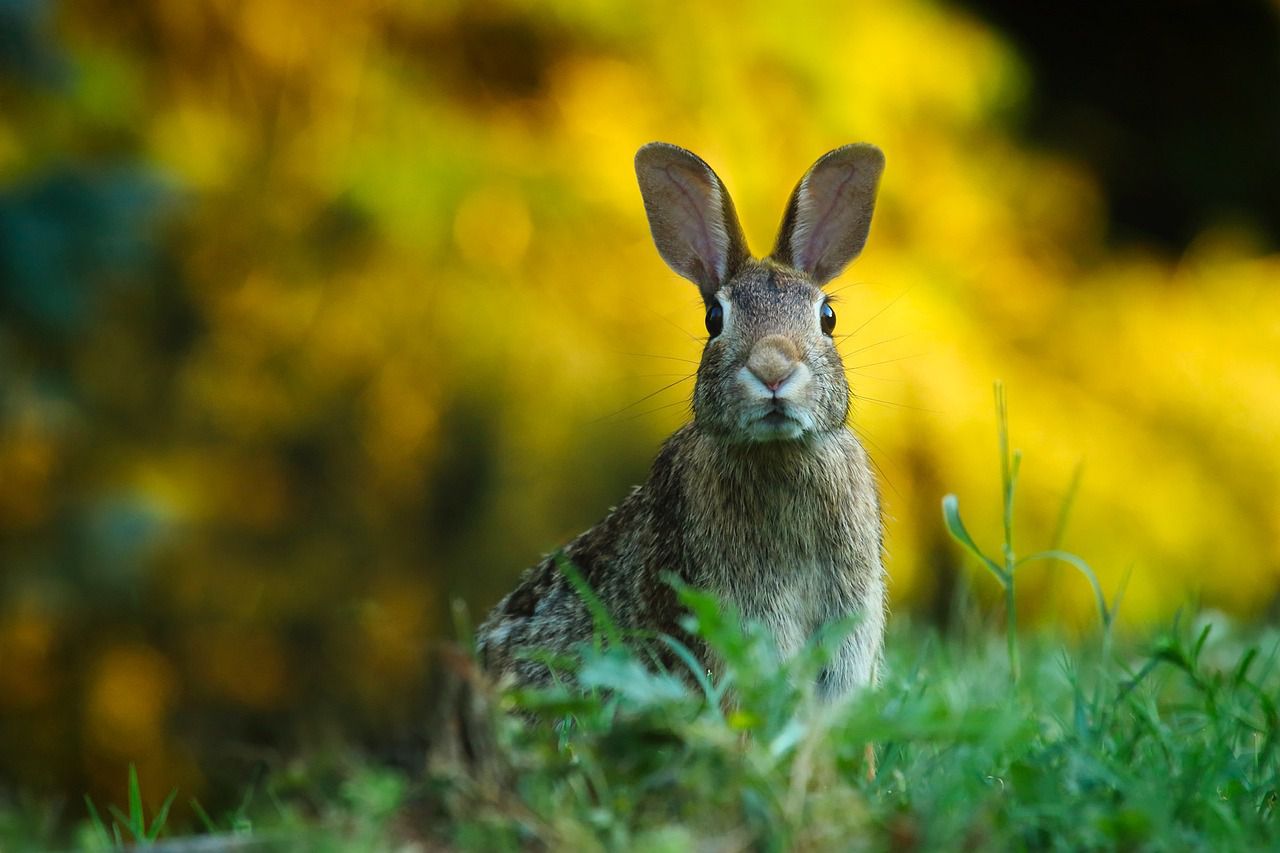Why some wild animals aren't afraid of humans: The main reasons
While most people assume that wildlife always tries to escape human interactions, it's not always the case.
Some wild animals might not exhibit a strong fear of humans due to a combination of factors related to their evolutionary history, past interactions with humans, and the environment in which they live.
Here are some reasons why certain wild animals might not be afraid of people.
Habituation
Animals that frequently encounter humans from a young age may become habituated to their presence.
Habituation occurs when animals learn that humans pose no immediate threat and do not associate them with danger.

Food Availability
In areas where human food sources are easily accessible, animals may become less wary of humans as they associate them with potential sources of food.
Predator Absence
In locations where natural predators are scarce, some animals may not perceive humans as a significant threat and may not exhibit fear responses.
No Previous Harmful Encounters
Animals that have not experienced negative interactions with humans in the past may not have developed a strong fear response.
Lack of Natural Predators
Some animals may not have natural predators in their ecosystem, leading to a lack of evolutionary pressure to develop strong fear responses.
Altered Behavior
Human impact, such as habitat modification or climate change, can disrupt the natural behaviors and fear responses of certain species.
